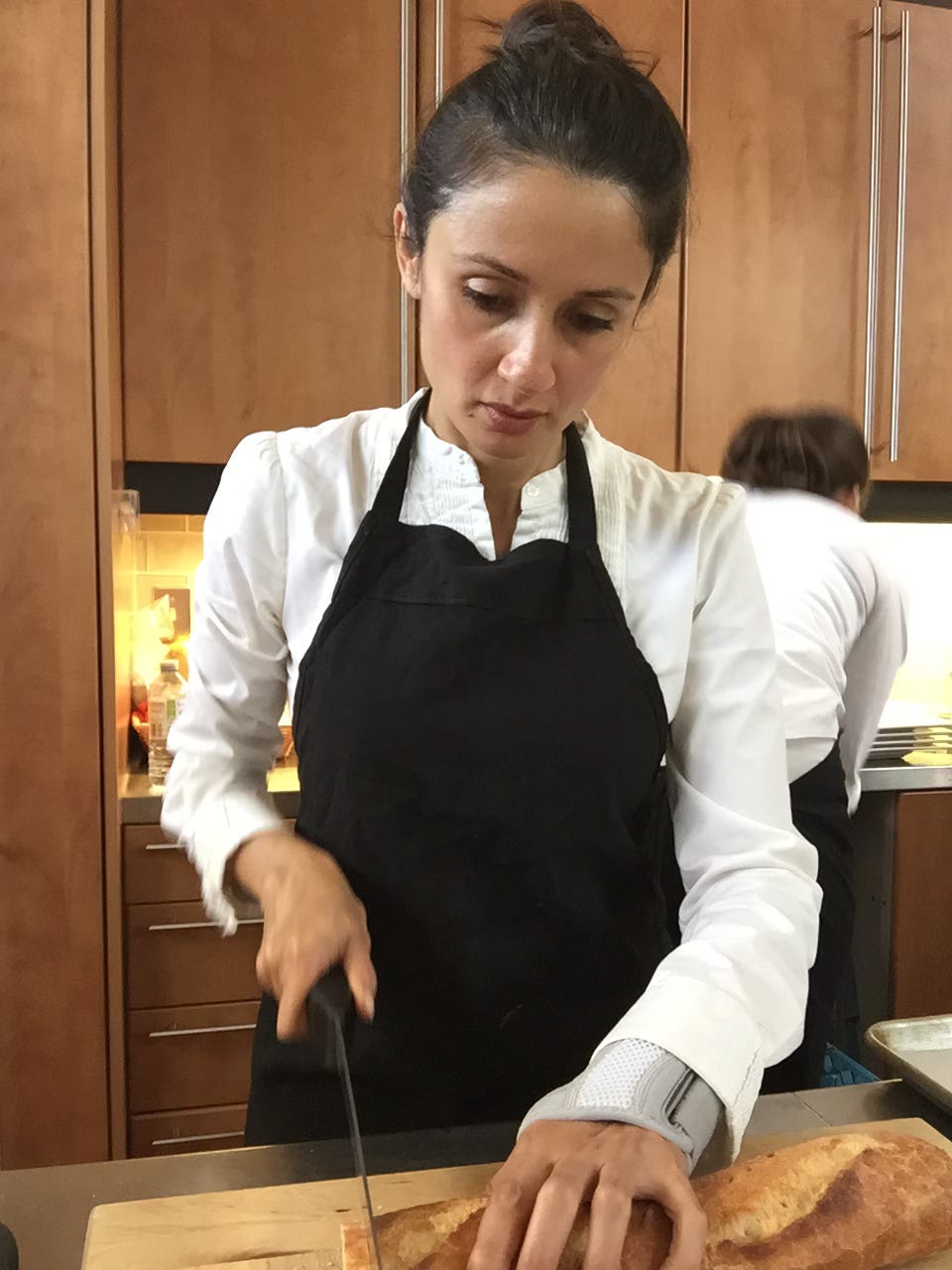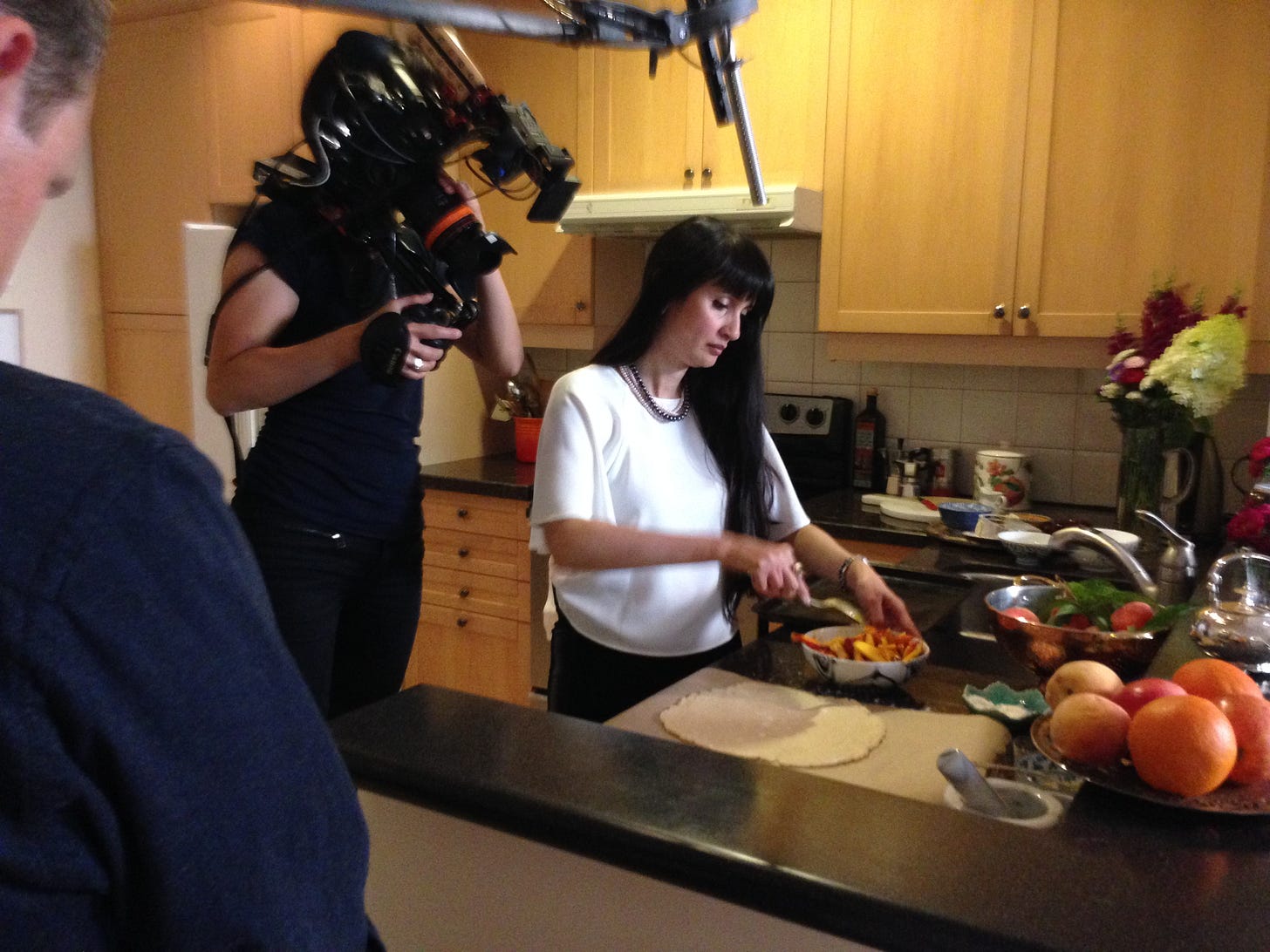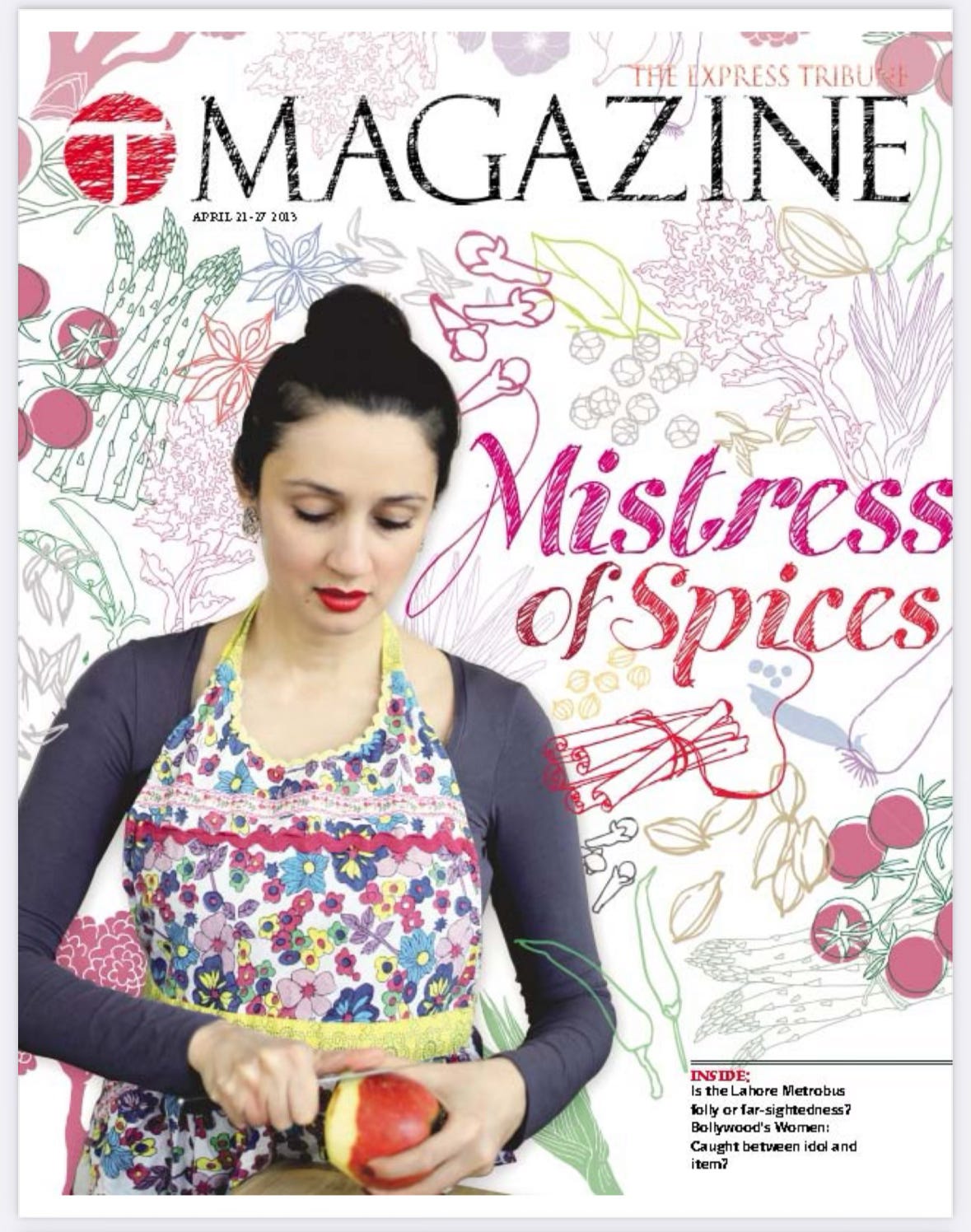People love free things—until the woman offering them asks to be paid.
Make your free work so good, they say, people can’t wait to see what the paid offering will be, they say. But they don’t say that many of those same people who may praise it, share it, and benefit from it—vanish the moment you put a price on your art and your labor.
They don’t say that the line between generosity and expectation is thinner when you’re a woman.
And almost nonexistent when you’re a Woman of Color (WoC).
A few days ago I shared news of my Food Styling with Edible Blooms Workshop with my readers, many of whom read every newsletter I write. But because I was “selling” my craft, I saw a handful of “unsubscribed” notifications go off.
I wasn’t upset.
I will explain why.
Because there’s a deeper question here, one I think about all the time: why do people feel entitled to free content from WoC, in particular?
Why do they expect nourishment, wisdom, beauty, and culture, with no expectation of reciprocity?
I’ve felt it across platforms. When I post a sponsored partnership on Instagram, people unfollow. When I offer a workshop, previously loyal newsletter readers hit the unsubscribe button. I’ve been asked to create content for brands, for free.
And here, on Substack, the moment you introduce a paywall, the question lingers: Who’s going to pay for something they’re used to getting for nothing? (PS Thank you to my 8 paid subscribers.)
Could it be because we’ve been socialized to give and not ask—to tell stories of trauma (I don’t want to tell those stories), of displacement, but not profit from them?
Not retain control over how they’re shared?
Not benefit from the platforms they help sustain?
There’s an entire architecture of expectation built on our backs, on our emotional labor, our recipes, our rituals, our voices. And even when we give freely, it’s not seen as generosity.
It’s seen as doing what we were supposed to do.

So when we offer something paid, when we dare to say:
This is worth something.
I am worth something.
Some people leave. Not because our art isn’t good.
But because it disrupts the fantasy that the labor of WoC exists for their pleasure (endlessly), and for free.
And that is the truth behind the unfollow and unsubscribe button. It’s about a structure that rewards extraction and punishes assertion, especially when the assertion comes from someone who looks like me. This isn’t limited to words. It’s not just essays, newsletters, or recipes. It happens with images too, with everything beautiful that’s been made by our hands.
I read a piece here on Substack recently, by writer and photographer Kate Van G, and it resonated with me. It captured exactly how I feel, regarding the way some people consume creative work without credit, without context, without care. She writes, so eloquently:
“Designers, writers, painters, photographers, ceramic artists—we are at the mercy of a greedy, hyper-individualistic population that has not been taught to value the maker.”
That’s what this is, too: erasure.
When people unfollow, unsubscribe, or disengage the moment your work asks something of them, they’re not just leaving.
They’re reinforcing a system where the labor is seen, but the maker is not.
The work continues to resonate, to circulate—but the person (yours, truly, and other creatives), behind it fades from view, uncredited and uncompensated.
That’s it. That’s the ache.
As a society, we don’t expect doctors or electricians or florists to work for free. We don’t ask them to prove their value first and hope we pay next time. But with creative labor, we do.
So when people unsubscribe, let them.
Let them go gently, if they must.
Let them make space for those who stay, those who see the labor, the care, the history.
This is the truth behind the unfollow and unsubscribe.
And I’m not afraid of it anymore.
✨ I’m offering a food styling workshop for women, later this month, which perhaps you’d like to support if you live in Toronto?
It’s intimate, practical, and rooted in everything I’ve learned after years of styling food for clients and shoots (and for my family and friends). If you’ve ever wanted to tell your visual story with food, and learn how to use the camera on your phone, you can sign up here. I’d love to see you there.











I have been writing a food blog (Italian food mainly) since 2010 - and I never presumed to be paid for it. I give Italian cooking classes and the blog was one way of 'proving' to prospective clients that I did indeed know how to cook. An advisor told me that my blog is 'an expensive hobby' and she's probably right, I have been giving free recipes for 15 years. But it was my choice, my pleasure, no one put a gun to my head and I've made a few friends through like-minded people and enjoy being part of an online community. When the whole idea of Substack came to my attention, I had the opposite reaction to you. I thought it was actually a bit 'sad' that blogs now needed to be paid for ... that's the reason I have been hesitating to join Substack even though I would certainly welcome any income via paid subscribers. Maybe it's because I am subscribed to so very many blogs - I certainly would not be able to afford to subscribe to all of them. All this to say, however, that your post that I just read was quite the eye-opener and I can see why you would feel resentful. I suppose that it has been a good idea that Substack writers now request to be paid for their writing - it is certainly more honest. I wish you all the good luck in the world! (PS my blog is: frascaticookingthatsamore.wordpress.com in case you might be interested.)
You are touching on so many real experiences that I cannot begin to understand. Especially when you are an Othered creative and a feminine creator, I think that you have to assert your knowledge and your space so clearly and it is awful and sounds exhausting. You should be proud to have paid sponsorships and collaborations and be paid to sharing your knowledge. Keep being clear about what you know (a lot) and what you are sharing here (a lot). Thank you for sharing what you know and for advocating for yourself - we need to normalize appreciating m the skills and hours and labor that goes into being able to teach, mentor, guide, etc., esp in “feminized” spaces like cooking and baking (although it only feels feminine when you’re not being recognized or paid - no big bad boy chef would have this BS pushback).